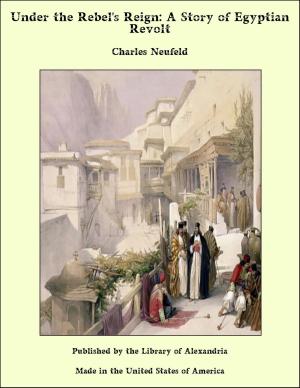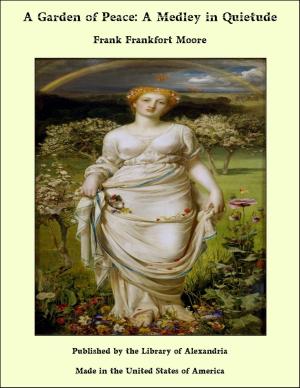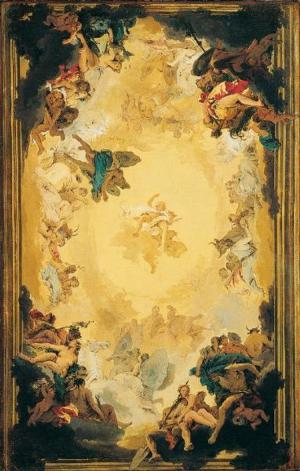Across Mongolian Plains: a Naturalist's Account of China's 'Great Northwest'
Nonfiction, Religion & Spirituality, New Age, History, Fiction & Literature| Author: | Roy Chapman Andrews | ISBN: | 9781465504081 |
| Publisher: | Library of Alexandria | Publication: | March 8, 2015 |
| Imprint: | Language: | English |
| Author: | Roy Chapman Andrews |
| ISBN: | 9781465504081 |
| Publisher: | Library of Alexandria |
| Publication: | March 8, 2015 |
| Imprint: | |
| Language: | English |
The romantic story of the Mongols and their achievements has been written so completely that it is unnecessary to repeat it here even though it is as fascinating as a tale from the Arabian Nights. The present status of the country, however, is but little known to the western world. In a few words I will endeavor to sketch the recent political developments, some of which occurred while we were in Mongolia. In the twelfth and thirteenth centuries the great Genghiz Khan and his illustrious successor Kublai Khan "almost in a night" erected the greatest empire the world has ever seen. Not only did they conquer all of Asia, but they advanced in Europe as far as the Dnieper leaving behind a trail of blood and slaughter. All Europe rose against them, but what could not be accomplished by force of arms was wrought in the Mongols themselves by an excess of luxury. In their victorious advance great stores of treasure fell into their hands and they gave themselves to a life of ease and indulgence. By nature the Mongols were hard riding, hard living warriors, accustomed to privation and fatigue. The poison of luxury ate into the very fibers of their being and gradually they lost the characteristics which had made them great. The ruin of the race was completed by the introduction of Lamaism, a religion which carries only moral destruction where it enters, and eventually the Mongols passed under the rule of the once conquered Chinese and then under the Manchus. Until the overthrow of the Manchu regime in China in 1911, and the establishment of the present republic, there were no particularly significant events in Mongolian history. But at that time the Russians, wishing to create a buffer state between themselves and China as well as to obtain special commercial privileges in Mongolia, aided the Mongols in rebellion, furnished them with arms and ammunition and with officers to train their men.
The romantic story of the Mongols and their achievements has been written so completely that it is unnecessary to repeat it here even though it is as fascinating as a tale from the Arabian Nights. The present status of the country, however, is but little known to the western world. In a few words I will endeavor to sketch the recent political developments, some of which occurred while we were in Mongolia. In the twelfth and thirteenth centuries the great Genghiz Khan and his illustrious successor Kublai Khan "almost in a night" erected the greatest empire the world has ever seen. Not only did they conquer all of Asia, but they advanced in Europe as far as the Dnieper leaving behind a trail of blood and slaughter. All Europe rose against them, but what could not be accomplished by force of arms was wrought in the Mongols themselves by an excess of luxury. In their victorious advance great stores of treasure fell into their hands and they gave themselves to a life of ease and indulgence. By nature the Mongols were hard riding, hard living warriors, accustomed to privation and fatigue. The poison of luxury ate into the very fibers of their being and gradually they lost the characteristics which had made them great. The ruin of the race was completed by the introduction of Lamaism, a religion which carries only moral destruction where it enters, and eventually the Mongols passed under the rule of the once conquered Chinese and then under the Manchus. Until the overthrow of the Manchu regime in China in 1911, and the establishment of the present republic, there were no particularly significant events in Mongolian history. But at that time the Russians, wishing to create a buffer state between themselves and China as well as to obtain special commercial privileges in Mongolia, aided the Mongols in rebellion, furnished them with arms and ammunition and with officers to train their men.















